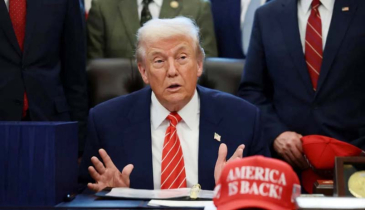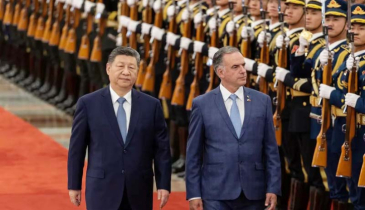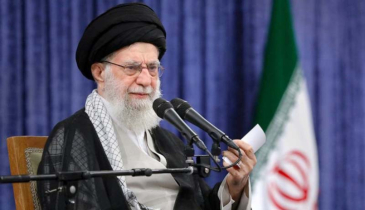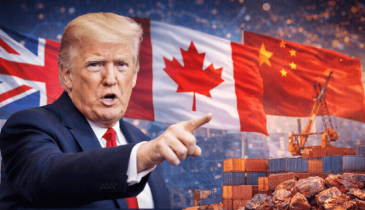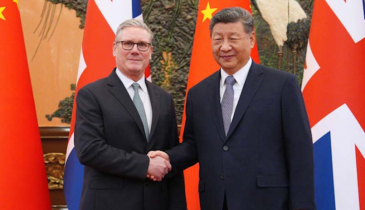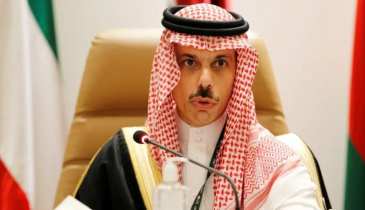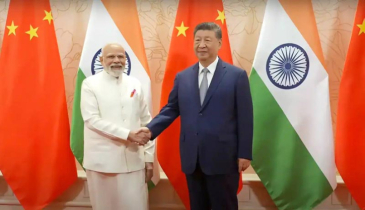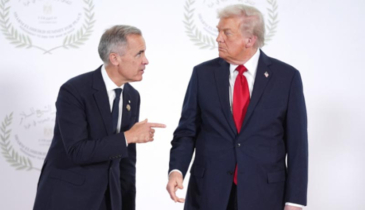ASEAN leaders renew push for Myanmar peace and trade resilience
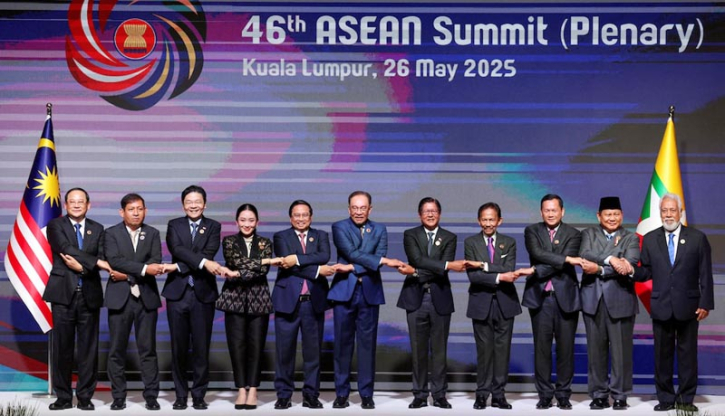
Southeast Asian leaders are set to make another attempt to engage Myanmar's military regime in peace talks, while also addressing regional trade challenges amid global economic uncertainty. The leaders will convene in Kuala Lumpur for a summit beginning Monday, following a series of ministerial discussions over the weekend.
The focus of the two-day summit by the Association of Southeast Asian Nations (ASEAN) will include efforts to bring an end to Myanmar’s prolonged internal conflict, which has escalated since the military ousted the democratically elected government of Aung San Suu Kyi in 2021. The coup sparked mass protests that evolved into a broader armed resistance, with large parts of the country slipping out of government control.
As this year’s ASEAN chair, Malaysia is playing a key role in mediating efforts. Malaysian Foreign Minister Mohamad Hasan said the country would continue its dual-track approach by maintaining dialogue with both the military junta and opposition armed groups. “Repeated engagements are necessary to build mutual understanding,” Hasan told reporters after meetings on Saturday. He also announced plans to visit Myanmar in the coming weeks.
Among the proposals under discussion is the appointment of a permanent ASEAN envoy to Myanmar, possibly with a multi-year term. Hasan noted that the bloc’s foreign ministers had agreed to explore this idea, though no final decision has been made.
Myanmar's military leader Min Aung Hlaing has been excluded from ASEAN summits since the coup, in protest of the regime's actions. However, Thailand is expected to advocate for expanded international dialogue with Myanmar during this week’s summit.
Efforts to restart negotiations have gained some momentum after Malaysian Prime Minister Anwar Ibrahim held a confidential meeting with Min Aung Hlaing in Bangkok last month, followed by virtual discussions with the opposition National Unity Government. These back-to-back meetings have sparked cautious optimism for potential peace talks.
Meanwhile, the junta continues to push forward with plans for an election later this year—a move widely criticized by observers as an attempt to maintain military control through political proxies.
ASEAN’s five-point peace plan, unveiled shortly after the coup, has made little progress, and the group has yet to agree on a unified stance regarding Myanmar’s upcoming election.
Alongside the Myanmar issue, regional leaders will also focus on trade strategies to mitigate the effects of shifting global trade policies, particularly amid ongoing uncertainty stemming from US tariff threats under former President Donald Trump’s influence.
.png)


